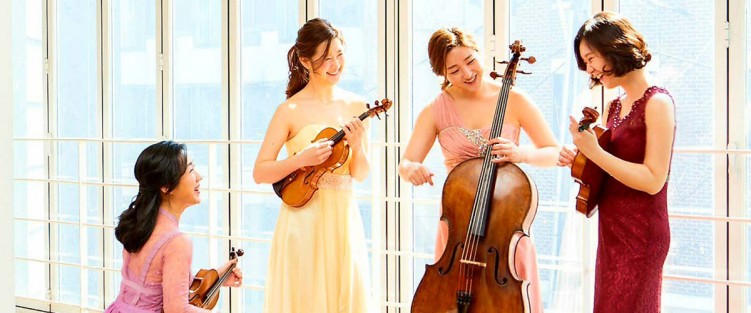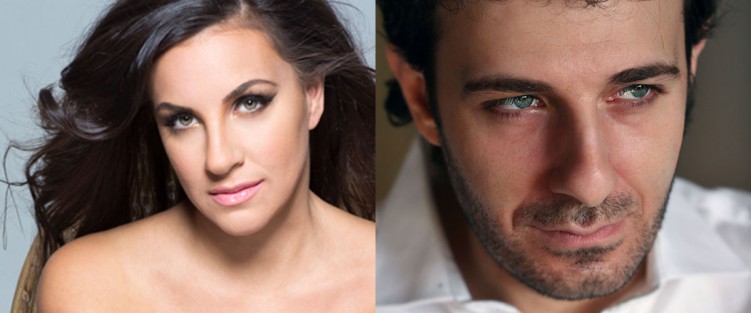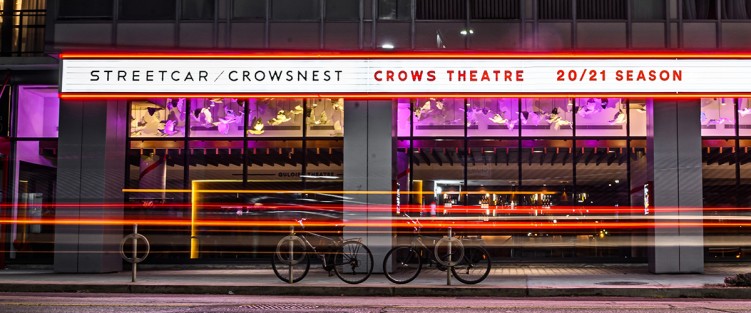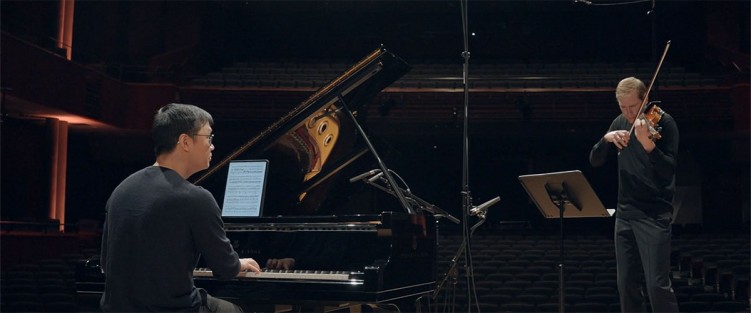 Toronto Summer Music’s 16th edition – New Horizons – will be entirely virtual this year, with a combination of free livestreamed and pre-recorded hour-long concerts from July 15 to August 1. “For three weeks in July, New Horizons looks beyond the challenges of the pandemic, and forward to a better future,” said TSM artistic director, TSO concertmaster Jonathan Crow. “We celebrate this summer with a wonderful assortment of music from both past and present, showcasing the resilience and creativity of our featured artists.”
Toronto Summer Music’s 16th edition – New Horizons – will be entirely virtual this year, with a combination of free livestreamed and pre-recorded hour-long concerts from July 15 to August 1. “For three weeks in July, New Horizons looks beyond the challenges of the pandemic, and forward to a better future,” said TSM artistic director, TSO concertmaster Jonathan Crow. “We celebrate this summer with a wonderful assortment of music from both past and present, showcasing the resilience and creativity of our featured artists.”
This year’s festival was launched on June 7 over Zoom with Crow performing Reena Esmail’s solo violin piece from 2020, When the Violin, while standing at the foot of an empty Walter Hall. Inspired by Hafiz’s poem – When the violin can forgive the past, it starts singing… When the violin can forgive every wound caused by others, the heart starts singing – and based on a Hindustani raag, it begins mournfully, expanding into four emotional minutes of mesmerizing beauty. It was a subtle nod to the series of five filmed concerts comprising the complete cycle of Beethoven’s ten Sonatas for Piano and Violin that Crow and pianist Philip Chiu will present along with five new compositions. When the Violin is the featured contemporary work in the first of their traversal, July 18, along with the first and fifth sonatas, filmed at Salle Raoul-Jobin in the Palais Montcalm (Quebec City).
Sonatas Nos. 3 & 7, with Kevin Lau’s if life were a mirror, will be presented July 19; on July 25, the program consists of Sonatas Nos. 2 & 9 “Kreutzer”, with Jessie Montgomery’s Peace; Sonatas Nos. 6 & 8, with the world premiere of Alice Hong’s for all is not lost, comprise the July 26 recital; and Sonatas Nos. 4 & 10, with the world premiere of Gavin Fraser’s like years, like seconds, play August 1. All were filmed at Koerner Hall and, as will be the case with most concerts in the festival, will be free and available to view for a week after their initial performances.
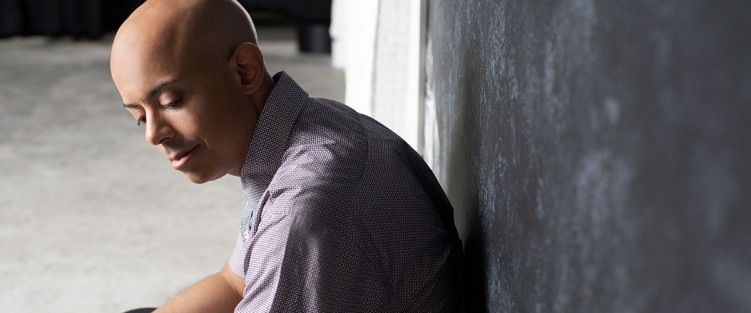 There are hopeful signs of live-music life at the RCM’s Koerner Hall. On November 27, virtuoso pianist Stewart Goodyear, joined by the Penderecki String Quartet, perform the world premiere of his piano quintet based on themes from Beethoven, after which Goodyear takes on Beethoven’s monumental Symphony No. 9, in Franz Liszt’s transcription for solo piano and voices, accompanied by members of the Toronto Mendelssohn Choir, soprano Jonelle Sills, mezzo-soprano Beste Kalender, tenor Zachary Rioux and baritone Korin Thomas-Smith, all current or recent students of The Royal Conservatory. I caught up with Goodyear for an email conversation that touched on his response to the pandemic, his relationship to Beethoven and how he is feeling about his first public appearance in Toronto since the pandemic.
There are hopeful signs of live-music life at the RCM’s Koerner Hall. On November 27, virtuoso pianist Stewart Goodyear, joined by the Penderecki String Quartet, perform the world premiere of his piano quintet based on themes from Beethoven, after which Goodyear takes on Beethoven’s monumental Symphony No. 9, in Franz Liszt’s transcription for solo piano and voices, accompanied by members of the Toronto Mendelssohn Choir, soprano Jonelle Sills, mezzo-soprano Beste Kalender, tenor Zachary Rioux and baritone Korin Thomas-Smith, all current or recent students of The Royal Conservatory. I caught up with Goodyear for an email conversation that touched on his response to the pandemic, his relationship to Beethoven and how he is feeling about his first public appearance in Toronto since the pandemic.

